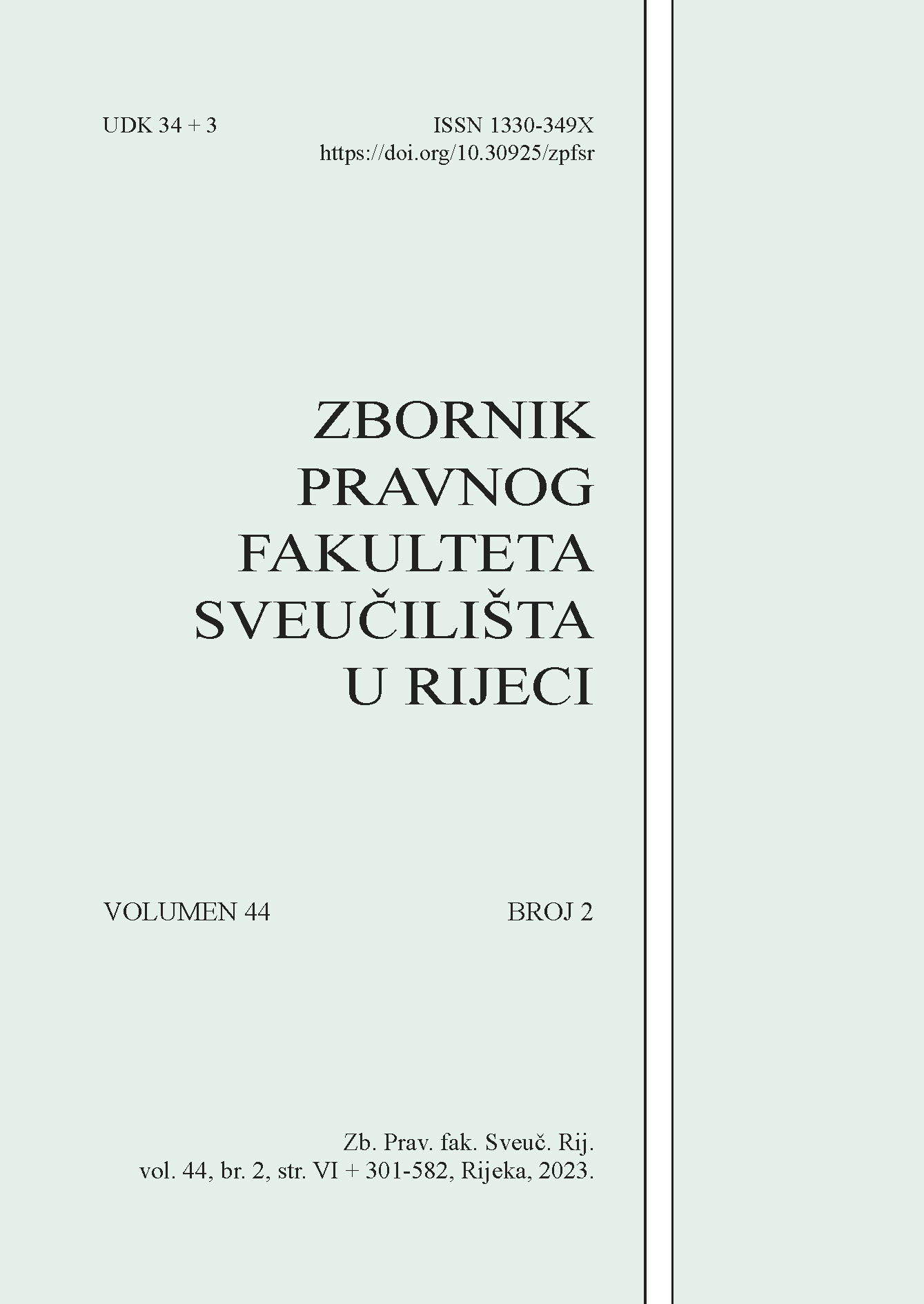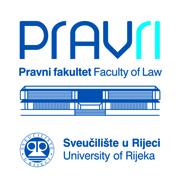LEGAL DUALITY OF THE PEACE OF WESTPHALIA
INTERNATIONAL LEGAL CONSEQUENCES OF MAINTAINING THE EQUILIBRIUM IN THE HOLY ROMAN EMPIRE
DOI:
https://doi.org/10.30925/zpfsr.44.2.2Keywords:
The Peace of Westphalia, Thirty Years' War, sovereignty, religious tolerance.Abstract
The Peace of Westphalia restored stability to Europe, ending the Thirty Years' War (1618-1648), which was fought mainly on the territory of the Holy Roman Empire, and ending the Dutch Revolt, also known as the Eighty Years' War (1566-1648), between Spain and the Netherlands. After introductory remarks on the Congress of Westphalia, the paper analyses the most important provisions of the peace treaties that are given importance as constitutional legal acts of the Empire. This includes the requirements on religious issues, general amnesty, and the rights of the Empire’s countries. The paper connects the issue of incorporated rights and freedoms envisioned as constitutional guidelines with the external implications of the peace treaty. In this regard, the paper critically examines the viability of the "Westphalian sovereignty" concept. The post-war preservation of the Empire's fragile internal balance, in turn, enabled the advancement of a new international political and legal framework in Europe.
Additional Files
Published
Versions
- 2023-12-20 (2)
- 2023-09-15 (1)
How to Cite
Issue
Section
License
Copyright (c) 2023 Marko Topić, Zrinka Erent-Sunko, Miran Marelja

This work is licensed under a Creative Commons Attribution-NonCommercial 4.0 International License.
Collected Papers is an open access journal. Journal does not charge article processing charges (APC) to authors. It is licensed under CC BY-NC licence 4.0.
Collected Papers of the Law Faculty of the University of Rijeka" is an Open Access journal. Users are allowed to read, download, copy, redistribute, print, search and link to material, and alter, transform, or build upon the material, or use them for any other lawful purpose as long as they attribute the source in an appropriate manner according to the CC BY licence.
The papers published in "Collected Papers of the Law Faculty of the University of Rijeka" can be deposited and self-archived in the institutional and thematic repositories providing the link to the journal's web pages and HRČAK.
Upon acceptance of the manuscript for publication by this journal, the author can publish same manuscript in other journals only with the permission of the Editorial Board (secondary publication). A repeated publication should contain a notice as to where the manuscript was originally published.



